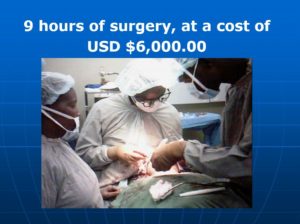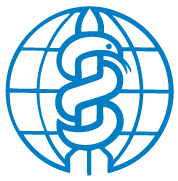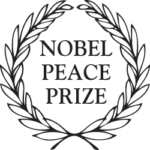 The IPPNW campaign One Bullet Story (OBS) is about the people, their stories, and the injuries caused by the guns and bullets. We aim to infuse the human face into our campaign against armed violence by highlighting the plight of the victims through their experiences and powerful testimony.
The IPPNW campaign One Bullet Story (OBS) is about the people, their stories, and the injuries caused by the guns and bullets. We aim to infuse the human face into our campaign against armed violence by highlighting the plight of the victims through their experiences and powerful testimony.
 IPPNW affiliates from several countries have completed a number of One Bullet Stories that you can download to use as educational tools with other medical professionals, policy makers, and community leaders. For example, the Kenya OBS, of a teenager from DR Congo who was shot in the face by diamond thieves and treated in Nairobi by an IPPNW doctor, was shown to United Nations delegates at an international meeting on small arms as well as many other venues. Delegates at the UN told us that the personal account took helped them see beyond the statistics.
IPPNW affiliates from several countries have completed a number of One Bullet Stories that you can download to use as educational tools with other medical professionals, policy makers, and community leaders. For example, the Kenya OBS, of a teenager from DR Congo who was shot in the face by diamond thieves and treated in Nairobi by an IPPNW doctor, was shown to United Nations delegates at an international meeting on small arms as well as many other venues. Delegates at the UN told us that the personal account took helped them see beyond the statistics.
We encourage other IPPNW medical professionals to participate in this project. Please see our development guidelines for more information.
Health professionals are in the front lines as the primary witnesses of the horrific impact of firearm violence in our society. In the OBS we dissect deep into this crisis and expose the qualitative aspects that are hard or impossible to express statistically. Parameters used in clinical analysis such as Injury Severity Score (ISS) and Cost of Illness (COL) method are important in comparative analysis. However, these require the backing of victim testimony and pictures to influence public opinion and policy makers.
The Ottawa Process that led to the Mine Ban Treaty achieved its high level of success largely through the exposure of the plight of the victims and survivors of the mine explosions. It is the gruesome photos of the innocent and unsuspecting civilians injured by the Antipersonnel Mines (APMs) that created the public outcry and attracted high profile personalities like the late Princess Diana to the campaign. The initiators of this outcry were the International Committee of the Red Cross (ICRC) field surgeons such as Robin Coupland MD who brought the focus of the international community to bear on the indiscriminate and horrific nature of landmine injuries.
This is the role health professionals are ethically and morally bound to play.
Project Design: IPPNW-Kenya, Walter Odhiambo MD, and IPPNW Central Office
Introduction written by Walter Odhiambo MD, edited by Maria Valenti.

